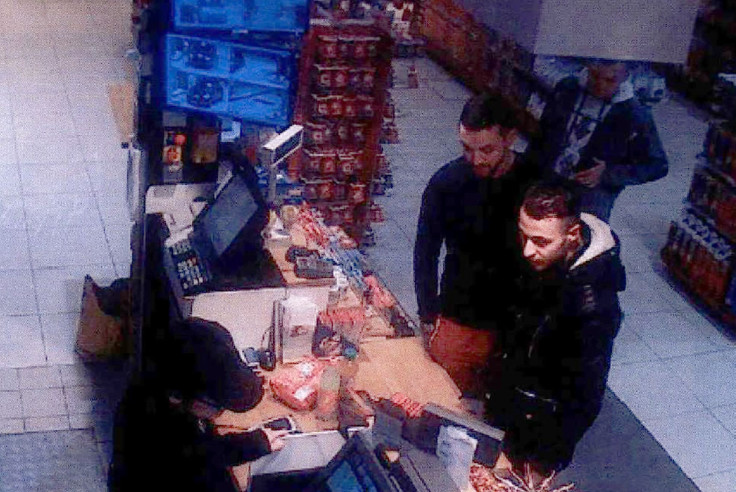US, Russia, Israel Flight Departure Areas Were Targeted In Brussels Attacks, Suspect Mohamed Abrini Claims

Mohamed Abrini, the Brussels attacks suspect who confessed to being the man in the hat seen in CCTV footage from the airport, claimed during questioning in front of the investigating judge that he was not radicalized and had never been in Syria, BFMTV reported, citing his statements. The exclusive report also cited Abrini as saying that Ibrahim Bakraoui — the suicide bomber at the Maelbeek metro station — selected the targets at the airport as the departure areas for flights to the U.S., Russia and Israel’s Tel Aviv.
Reports earlier had said that Abrini was a part of a European faction of the Islamic State group and was charged, along with three other suspects, of participating in “terrorist murders” and the “activities of a terrorist group.” However, Abrini said, according to the BFMTV report, that compared to the others, he was distanced from the attacks. He also told investigators that he “wouldn't hurt a fly.”
The BFMTV report added that the Bakraoui brothers, Khaled — who died during the attack at the Brussels airport with Najim Laachraoui — and Ibrahim organized the attacks in Brussels. However, Abrini denied that he shared their idea. He also said that Ibrahim's plan fell apart after he abandoned his suicide vest at the airport and fled after two explosions.
Abrini also reportedly said that the arrest of Paris attacks suspect Salah Abdeslam led to the decision of attacking Brussels instead of an attack in France. He added, according to BFMTV, that he decided to go into hiding after he saw the wanted notice issued against him by Belgian authorities and changed his hideouts several times. He also confessed to knowing Abdeslam since childhood.
A Thursday report by the Associated Press said a Belgian judge was deciding whether to keep Abrini, who has also been charged over his links to the Paris attacks on Nov. 13, and six others in preventive custody.
Belgian investigators have not yet clarified which airline was targeted during the attacks, Times of Israel reported. Although initial reports said that bombs exploded near the counter of American Airlines, the company denied being targeted.
On Tuesday, Belgian authorities charged two more men, identified only as Smail F. and Ibrahim F., with participating in the activities of a terrorist group and attempts to commit terrorist murders as a perpetrator, co-perpetrator or accomplice. It was not clear when they were detained.
The attacks in Brussels on March 22 killed over 30 people and injured several more, leading the Belgian authorities to begin a manhunt to find the man seen in the CCTV footage wearing a hat.
Meanwhile, Germany's domestic intelligence agency denied Thursday that Abdeslam, who was arrested in Brussels after a months-long manhunt, had documents about the Juelich German nuclear research center. The claim was made by the Redaktionsnetzwerk Deutschland (RND) media group, which cited sources to say that the head of Germany’s Federal Office for the Protection of the Constitution (BfV) told a parliamentary committee that Abdeslam had documents related to the nuclear research center.
A spokeswoman for BfV said, according to Reuters: “This is not right,” adding: “We have no information about this. Our president Maassen never talked to any members of parliament.” Abdeslam is currently awaiting extradition to France in a Bruges prison after his suspected involvement in the Paris attacks that killed 130 people.
© Copyright IBTimes 2025. All rights reserved.






















